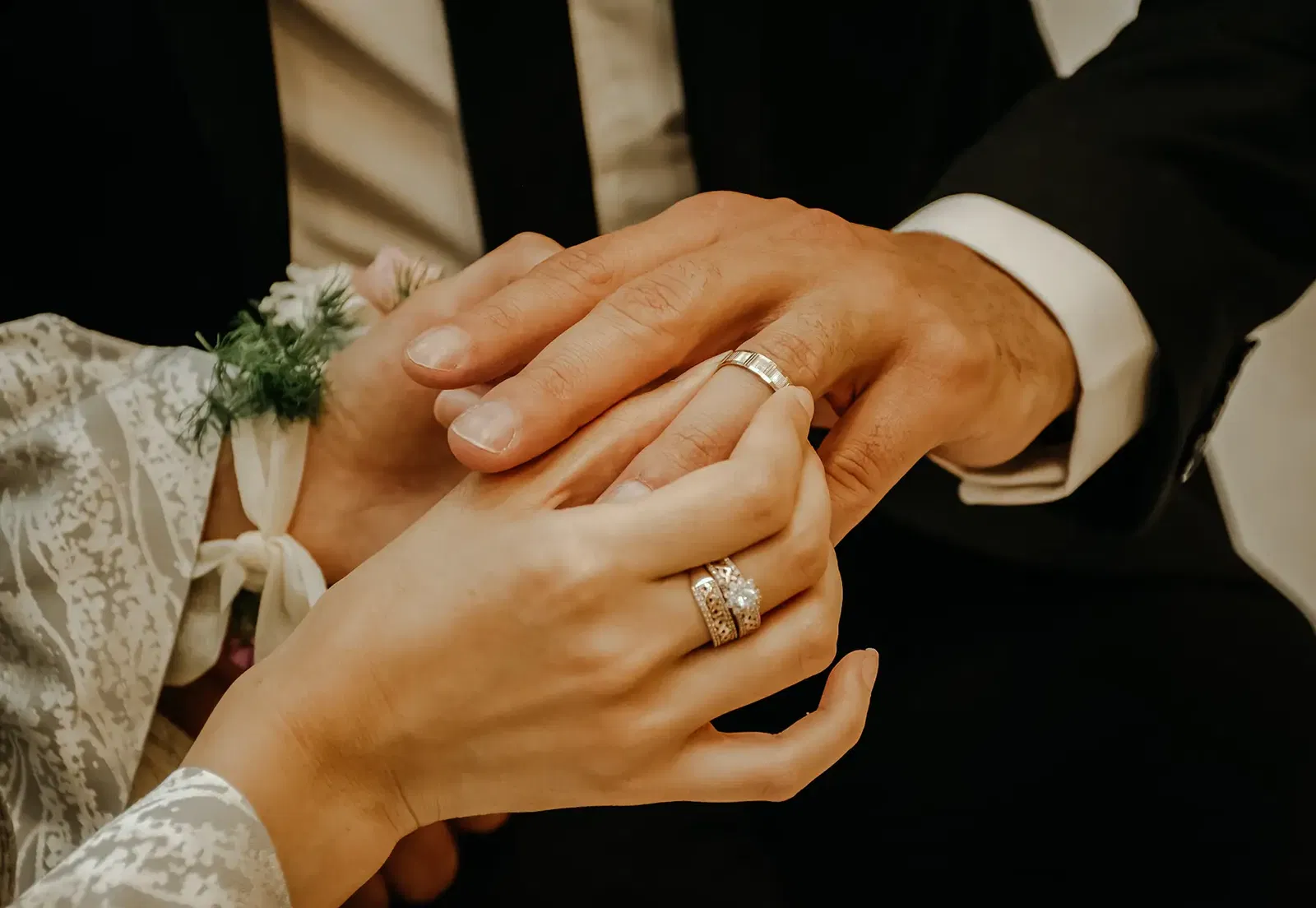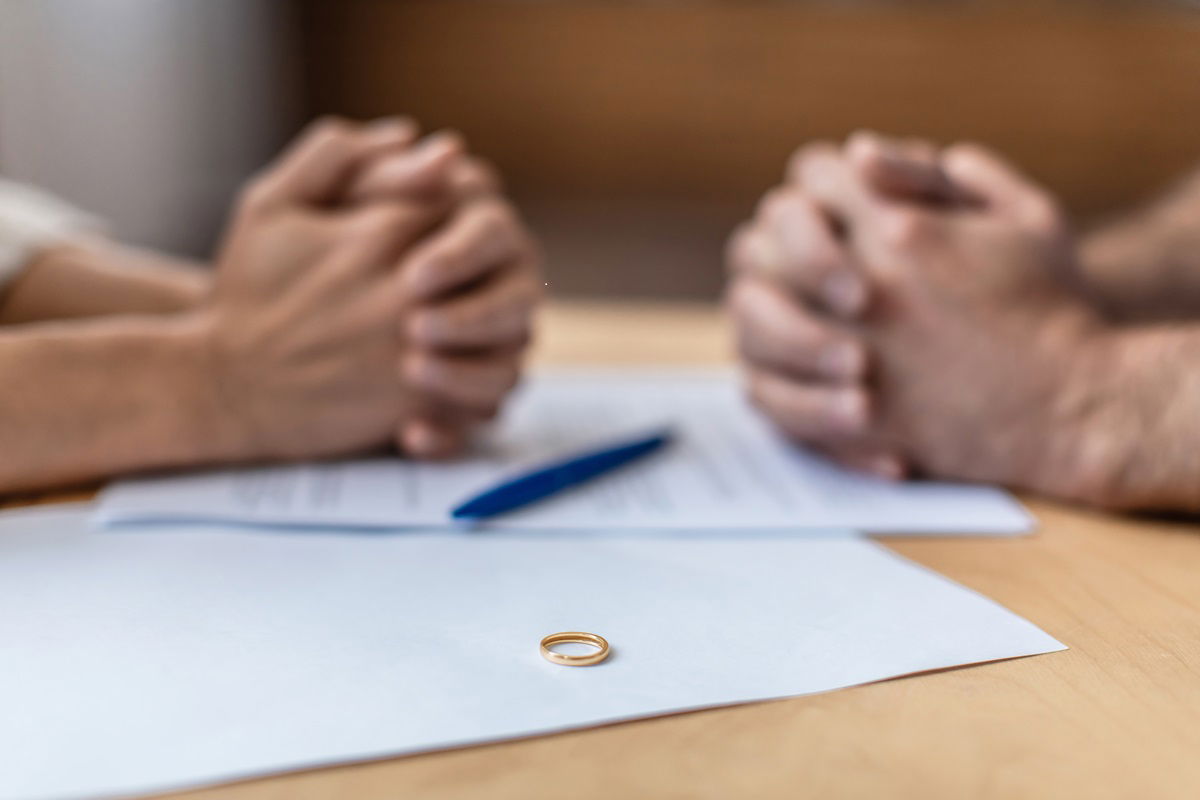
Getting Married in Germany
For many couples, a wedding is certainly one of the most beautiful days of their lives. However, getting married in Germany is also a highly official event.
In Germany, a marriage is only legally valid after the civil ceremony. A church or free wedding ceremony can then optionally take place in the respective denominations. If you get married in another country, you can have the marriage recognised in Germany.
In this article you will find all the information you need to know about getting married in Germany.
Requirements for civil marriage in Germany
In Germany, you are allowed to get married generally from the age of 18. However, you can also get married from the age of 16 under certain conditions. Minors require the consent of their parents or legal guardians as well as court approval. This permission is only granted in exceptional cases if the future spouse is of legal age and the family court is of the opinion that the marriage is in the best interests of the young person.
In addition both persons must also be single, i.e. not already married in another country or in a registered civil partnership. Widowed or divorced persons therefore require proof such as the death certificate of the previous spouse or a certified copy of the divorce decree.
There must also be no direct family relationship between the two partners and they must be mentally and physically capable of understanding the significance of marriage and giving their consent freely.
Persons not registered in Germany must present a “certificate of no impediment". This certificate confirms that there are no obstacles in order to getting married.
And finally, you should make an appointment at the relevant registry office well in advance. Especially in larger cities, it is not always easy to get an appointment quickly.The next step is to get all the required documents ready.
Which documents are required for a marriage in Germany?
Before you book an appointment at the registry office, you should prepare the following documents to shorten the subsequent process.
- - Identity card or passport
- - Certificate of residence from the residents' registration office
- - Certified copy from the birth register or birth certificate
Other documents that may be required:
- - Divorce certificate or death certificate of the former spouse
- - Parentage certificates of joint children
- - Certificate of no impediment to marriage
What do people from abroad need to get married in Germany?
Translations of all documents: All documents and certificates must be in German and must therefore be translated and notarised beforehand. Certified translations can only be made by sworn translators.
Extract from the birth register: If the registry office where your birth was registered is abroad, the birth register extract must be translated by a sworn translator.
Certificate of no impediment: The certificate of no impediment states that there are no objections from the home country to the marriage of the two fiancées. The certificate must be applied for in the home country or at the consulate.
Please note: An extract from the register of births is not a birth certificate!
Please also note that each registry office has different conditions for the translation of birth register extracts. Some registry offices require the translator to be sworn in in the same district where the birth registry office is located. You should therefore find out in advance from your registry office what conditions apply to the translation.
Optionally sworn interpreter: If one of the two people who want to get married does not speak or understand German sufficiently, a sworn interpreter must be present when registering for the marriage.
It is also best to find out directly from your registry office which documents you need to present and which documents may need to be translated.
What naming options are permitted?
Think about which name you would like to adopt in advance, whether you would like to have a double name or simply keep your name. In Germany, the following naming options are available after marriage:
- Joint surname: You agree on a surname and one of you takes the name of the other.
- Different surnames: Each person keeps his or her surname.
- Double name: Since 1 May 2024, both can take the same double name. However, only one can take the name of the other and make it a double name.
Registration at the registry office: what you need to know!
In order to book a date for your civil wedding, you have to make an appointment at the registry office of your residence. If possible, you should both be present in person. If you or your partner cannot be there in person, you will need a power of attorney to be able to register alone.
Procedure of the appointment:
- - Review of all the documents for accuracy and completeness
- - Confirm both are capable of getting married or
- - Identifying any obstacles
- - Explanation of all possible naming options
Finally, the registrar will read out the registration transcript to you, which you will confirm or correct if necessary. The marriage registration will take less than an hour. If one of the two fiancées does not speak German, the registration will be interpreted by a sworn interpreter, i.e. translated orally, before both partners sign the registration.
Order of events at a civil marriage
At the civil wedding ceremony itself, the registrar will take the personal details of the bride and groom. You should therefore remember to take your ID card or passport with you! The registrar will then give a wedding speech, followed by the question of whether both partners agree to getting married. In Germany you answer “yes” instead of “I do”. So ideally both parties say “yes”. Then, if desired, you can put on the rings and kiss. At the end, the registrar reads out the marriage record and the bride and groom sign the marriage certificate.
By the way: The presence of witnesses is no longer necessary today, but is often still requested by the bride and groom. An interpreter will also be necessary at the civil ceremony if one of the partners does not speak German.
The costs of a civil ceremony depend on various factors, for example how elaborate and personalised the ceremony should be.
- - Registration at the registry office: approx. 40 euros,
- - Registration for people from abroad: approx. 65 euros
- - Family register and marriage certificates: approx. 20 to 60 euros
- - Translation of the birth certificate or your birth register extract: from 56.75 euros (incl. legalisation fee and postage) at lingoking
Additional costs may be incurred for civil weddings outside the opening hours of the registry office or if they take place in another location. If an interpreter is required, this will also incur costs, which depend on the offer you get. Of course, you must also factor in all other costs for the ceremony, such as dinner, lunch, the party, etc.
You can find more detailed information and a How-to English guide on getting married in Germany from our friends at Simple Germany.



